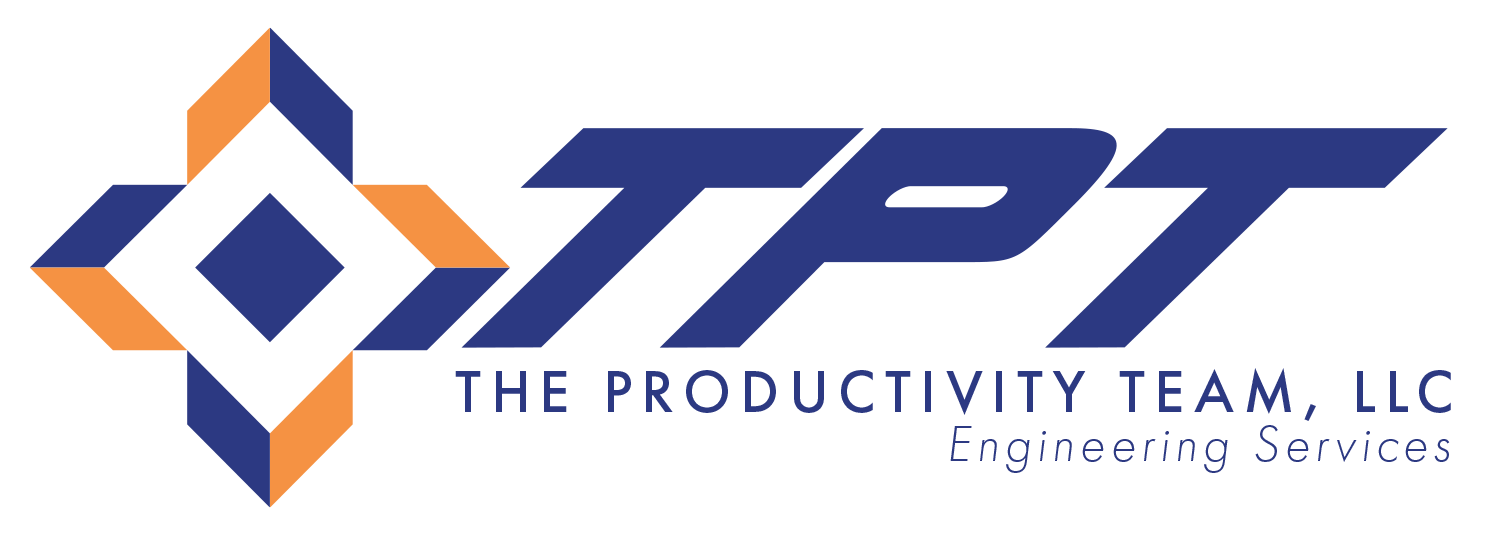Permanent staffing plays a crucial role in enhancing organizational stability by providing several key benefits that are instrumental for the long-term success and growth of any business. Here’s a detailed look at how permanent staffing contributes to organizational stability:
1. Consistency and Continuity
- Long-Term Knowledge and Skill Retention: Permanent employees accumulate extensive knowledge about the company’s processes, culture, and goals. This retention of knowledge and skills is crucial for maintaining consistency in operations and decision-making.
- Continuity in Relationships: Long-term staff members build enduring relationships with clients, suppliers, and colleagues, fostering trust and consistency in these interactions, which is vital for business stability.
2. Employee Investment and Development
- Training and Development: Companies are more likely to invest in training and career development for permanent employees. This investment not only improves the skill set within the company but also boosts employee morale and job satisfaction.
- Career Progression: Permanent staff have clearer career paths within the organization, aiding in long-term planning and development of future leaders.
3. Enhanced Employee Commitment
- Higher Engagement: Permanent employees often exhibit higher levels of commitment to the company’s success, as their personal growth and development are closely tied to the organization.
- Reduced Turnover: Permanent positions generally offer more job security than temporary roles, leading to lower turnover rates. Lower turnover stabilizes the workforce and reduces the costs and disruptions associated with frequent hiring.
4. Cultural Cohesion and Team Dynamics
- Stronger Company Culture: Long-term employees contribute significantly to the development and reinforcement of a company’s culture. A strong, positive culture is a cornerstone of organizational stability.
- Effective Teamwork: Teams with stable membership tend to work more cohesively, understanding each other’s strengths, weaknesses, and working styles, which leads to higher productivity and better collaboration.
5. Organizational Knowledge and Memory
- Institutional Memory: Permanent staff acts as custodians of the organization’s history and memory, understanding the reasons behind past decisions and changes. This knowledge is invaluable for strategic planning and avoiding past mistakes.
- Smooth Knowledge Transfer: In-house expertise developed over time can be smoothly transferred to newer employees, ensuring continuity of skills and practices.
6. Risk Management and Planning
- Predictability in Workforce Planning: Permanent staffing allows for more predictable workforce planning. Organizations can forecast long-term human resource needs more accurately, which is crucial for strategic planning.
- Reduced Risks Associated with Compliance: Permanent employees are typically more familiar with company policies, industry regulations, and compliance requirements, thereby mitigating risks related to non-compliance.
7. Financial Stability
- Predictable Labor Costs: Unlike contingent workers whose costs can fluctuate, permanent employees represent a relatively fixed labor cost, making financial planning more predictable.
- Investment in the Future: Permanent staff are seen as an investment in the company’s future, contributing to long-term financial stability through their growing expertise and company-specific knowledge.
In summary, permanent staffing is a key driver of organizational stability. It fosters a consistent, committed, and knowledgeable workforce that is essential for maintaining continuous operations, building a strong company culture, and achieving long-term strategic goals. For organizations looking to build a stable and robust foundation for sustained success, investing in permanent staffing is a critical strategy. Contact The Productivity Team today for staffing services tailored to your operation.
Contact Us to Learn More About TPT
TPT is the leading provider of facility planning and engineering services. Contact us today to speak with one of our planning and engineering specialists.
